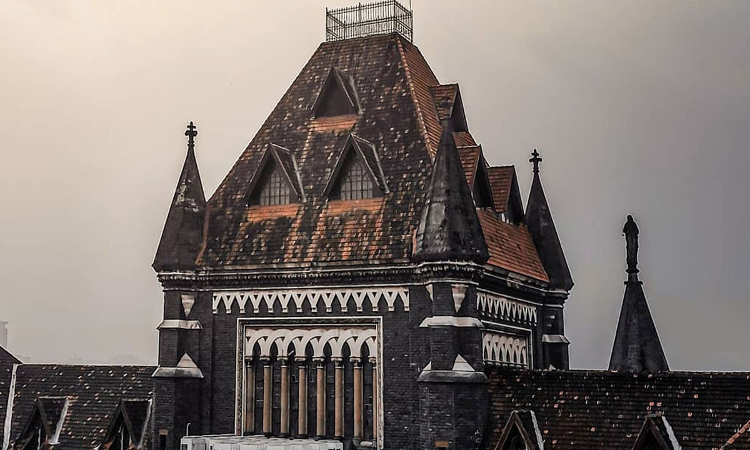Bombay High Court Dismisses PIL Challenging Maharashtra Govt's 'Ladki Bahin' And 'Yuva Karya' Schemes
Sanjana Dadmi
5 Aug 2024 1:43 PM IST

Next Story
5 Aug 2024 1:43 PM IST
The Bombay High Court has dismissed the Public Interest Litigation (PIL) challenging the Maharashtra Government's 'Ladki Bahin Yojana' and 'Yuva Karya' schemes.The Ladki Bahin scheme intends to give financial assistance of Rs. 1500 per month to women from economically weaker backgrounds. Whereas, the Yuva Karya scheme will provide stipends ranging from Ra. 6000 to Rs. 10000 per month to...
